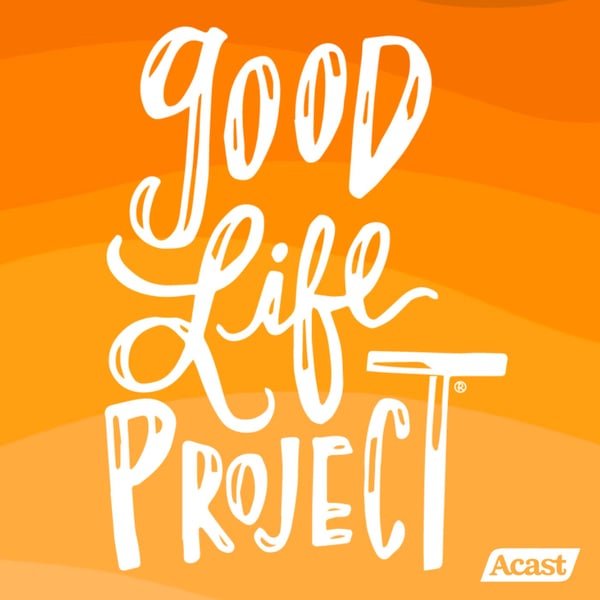Founder or Entrepreneur? It’s Not Just Semantics
Good Life Project
Jonathan Fields / Acast
4.6 • 3.2K Ratings
🗓️ 13 January 2016
⏱️ 6 minutes
🧾️ Download transcript
Summary
If you ask someone who is working on turning an idea into a business what they call themselves, a likely answer these days is "startup founder."
If you'd asked that same question a generation ago, you'd have probably heard "entrepreneur" or "business person."
The difference isn't just about semantics or generational change. It's about a profound shift in both the mindset of entrepreneurship, and the acknowledgement and exaltation of a very distinct "discovery" phase that exists between the idea and the viable entity called the startup.
This seemingly subtle shift, which is anything but, has created a new wave of permission to take risks and innovate on a level that, not too long ago, many would have been fiercely judged for. And, along with that, it has brought a less catastrophic lens to failure and increased the willingness to put yourself on the line in the name of doing something extraordinary.
It has tilled the soil of purposeful experimentation and empowered so many to take a shot at creating something from nothing who, but for the cover provided by the "startup" moniker, would've never even tried. That is a great thing, not only on an individual level, but on a societal level, because it creates possibility. It allows more ingenuity and innovation to see the light of day. In the end, we all benefit from that.
This is what we're talking about in today's short and sweet Good Life Project Riff.
Tweetable: “We need more people trying to create genius.”
Hosted on Acast. See acast.com/privacy for more information.
Transcript
Click on a timestamp to play from that location
| 0:00.0 | As somebody, let's call it six months into a new business, what they did a generation |
| 0:09.2 | ago and they tell you I'm an entrepreneur or I run a company that does X. As somebody |
| 0:15.6 | six months into a new business, what they do now and they'll tell you I run a, quote, |
| 0:21.4 | start up or I may quote founder, semantics, right? Actually probably couldn't be moron. |
| 0:29.8 | So that simple change in language, well, it signifies both a shift in the understanding |
| 0:35.6 | of what you're really doing in the first, let's call it six to 36 months, along with |
| 0:42.3 | a deeper shift in psychology that allows for both more risk-taking and a greater willingness |
| 0:48.9 | to put failure on the table. So here's how it breaks down. The purpose of a business or |
| 0:54.2 | a company is to succeed and that can be defined individually, usually through some blend |
| 1:00.0 | of profit, service, joy and growth. Everything you do in a company is about succeeding at |
| 1:06.2 | the business you've chosen to build. When you use the word business or company, the |
| 1:11.4 | implication is that it's thought out. You know what you're here to do and your job is |
| 1:16.7 | to do it. Failure carries a certain gravity. The purpose of a startup though, well, that's |
| 1:22.9 | different. So a startup is an experiment in search of a business. Its job is not to succeed |
| 1:31.8 | at, you know, actually making money and building and scaling. Its job is to figure out whether |
| 1:39.0 | a viable customer, a viable business model, a viable product, a viable mode of delivery |
| 1:44.8 | even exists. The core metric for a startup is learning, not money, not scaling. If the |
| 1:53.4 | learning yields no clear answer, well then the startup has done its job and it folds and |
| 1:58.0 | for the most part, that's why a lot of people look at this as no harm no foul. Startups |
| 2:02.4 | are expected to fail more often than not because very often there isn't a viable customer |
| 2:07.9 | or business model or mode of delivery or whatever it may be. If the startup does yield |
| 2:14.6 | a viable customer model, product mode of delivery and scaling methodology, then the core metrics |
... |
Please login to see the full transcript.
Disclaimer: The podcast and artwork embedded on this page are from Jonathan Fields / Acast, and are the property of its owner and not affiliated with or endorsed by Tapesearch.
Generated transcripts are the property of Jonathan Fields / Acast and are distributed freely under the Fair Use doctrine. Transcripts generated by Tapesearch are not guaranteed to be accurate.
Copyright © Tapesearch 2025.

